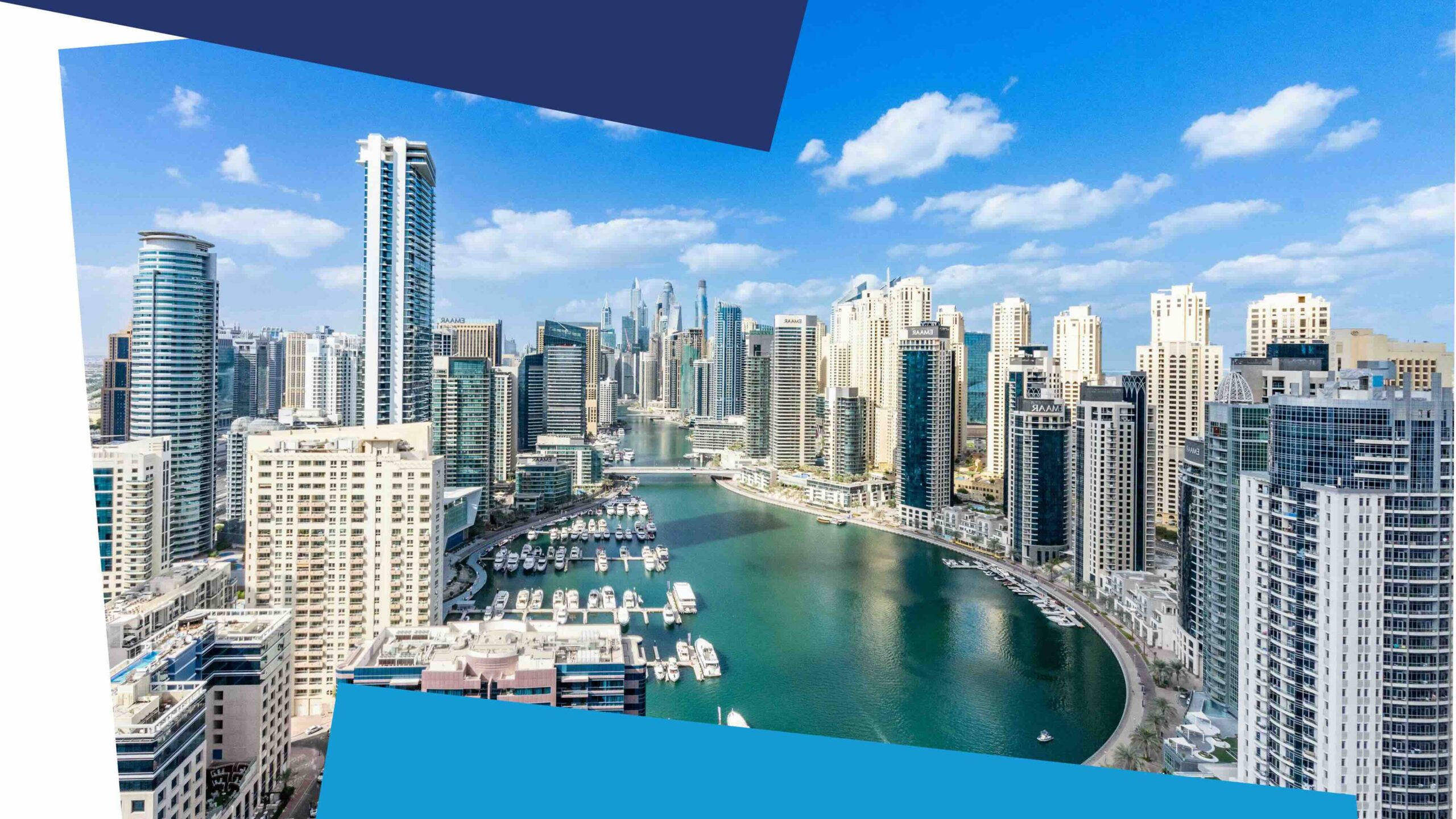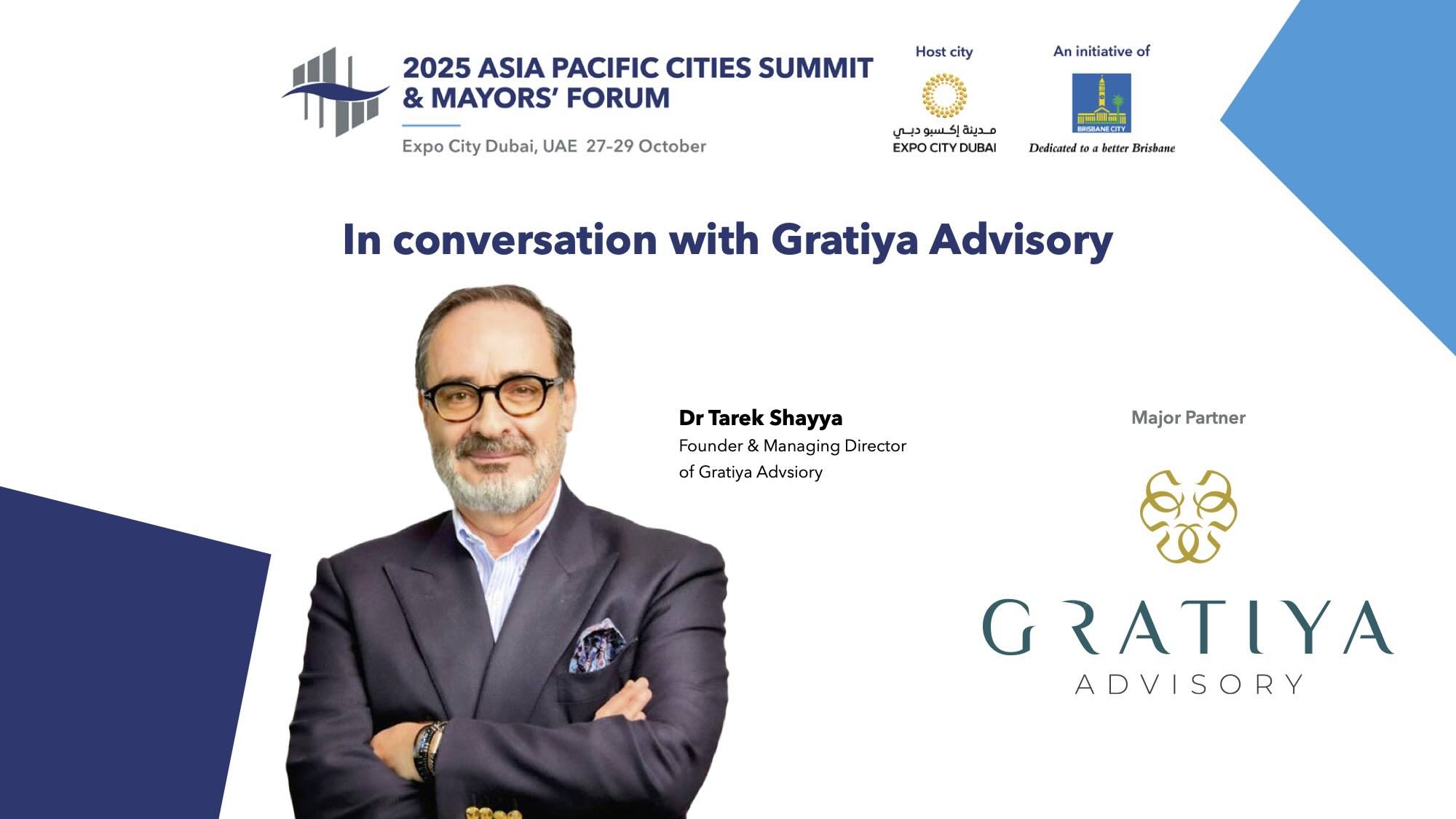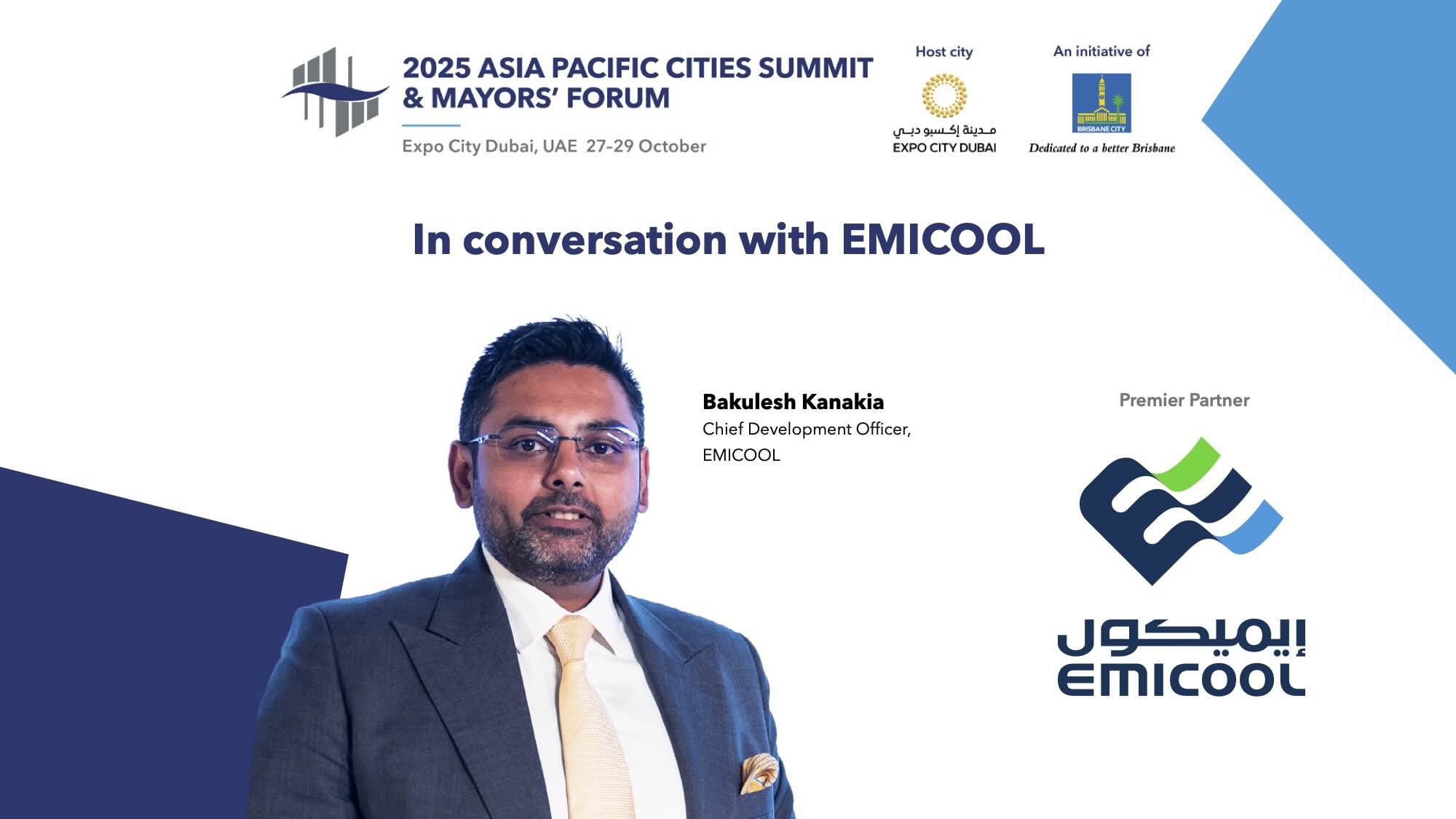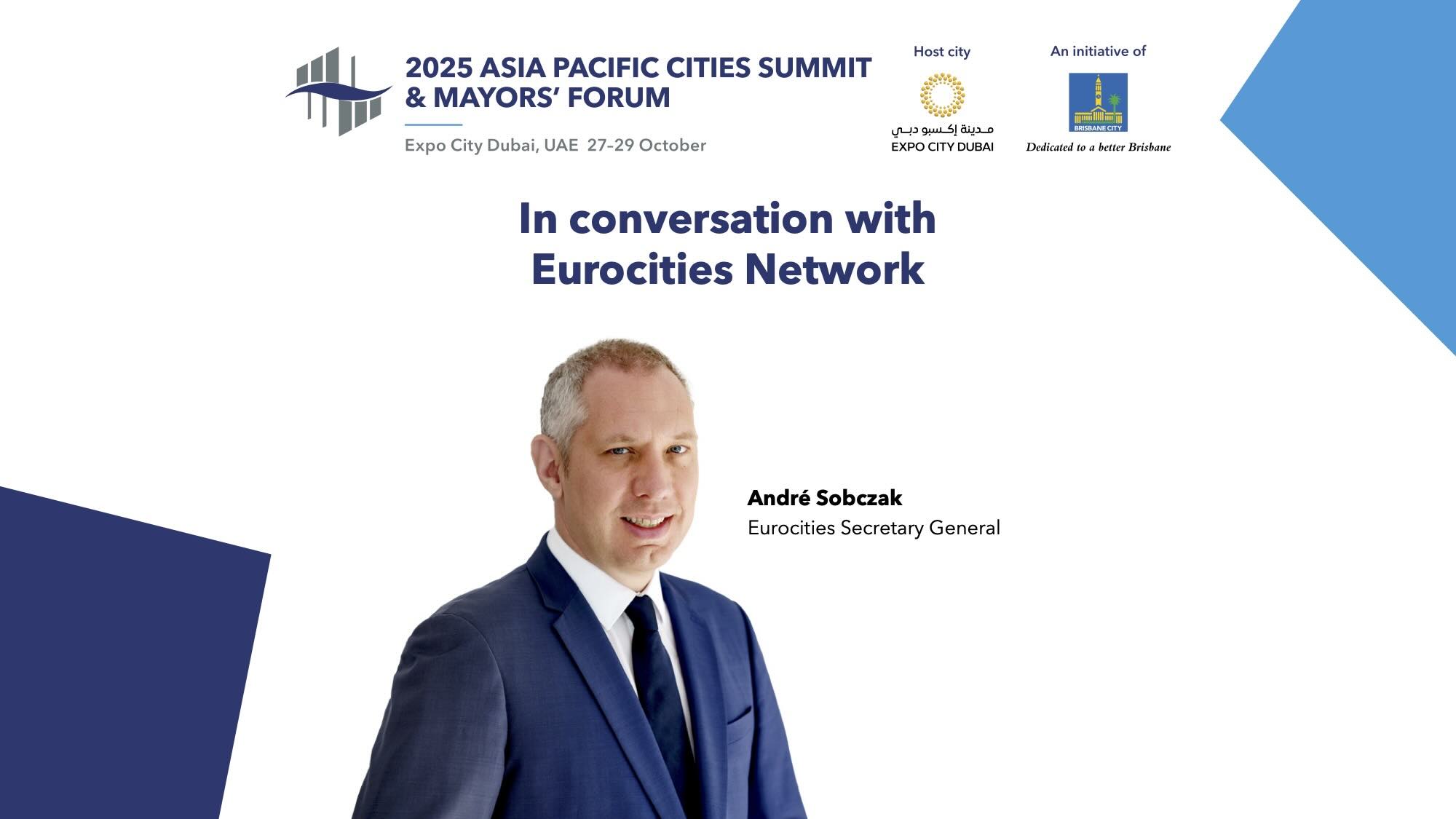By Nadia Verjee, Executive Director, Global Initiative and Advisory Services, Expo City Dubai
I grew up in a corner of north London where nature and urban life coexisted in quiet harmony. Hampstead Ponds, nestled among woodlands and commons, offered more than a place to swim or stroll, they offered balance. What I didn’t realise as a child was that this area had, in large part, been shaped for women, prioritising wellness, dignity, and access to nature. That early experience stayed with me.
My instincts have always drawn me to the transformative power of placemaking and the ability to shape experiences, identities, and opportunities for growth. This passion fuels my drive to create environments, be they exhibitions, homes, teams, communities, or cities, where people can flourish and truly feel at home. Over the past decade, I’ve channelled this commitment to serving others by designing and curating spaces and places that become the beating heart of a community, reflecting my deep belief that meaningful places can bring people together, spark resilience, and foster progress.
As Executive Director of Global Initiatives and Advisory at Expo City Dubai, I am committed to placemaking for future generations, helping countries, cities, institutions, and organisations create environments that uplift both people and the planet. Whether it is cultivating partnerships, encouraging innovation, or building trust-based foundations, my priority is to craft frameworks that reflect our shared values, yet adapt to the unique needs and aspirations of each community.
Cities are the frontlines of global transformation, and how we shape them defines how people live, work, grow, and belong. With 70% of the world’s population expected to live in urban areas by 2050, we urgently need leadership that reflects the full spectrum of lived experience. Women’s leadership, in particular, is no longer a ‘nice to have’. It’s shaping the future, strategically, holistically, and with enduring impact.
And we’re seeing it everywhere.
In Freetown, Sierra Leone, Mayor Yvonne Aki-Sawyerr’s climate agenda has reforested her city with over one million trees through the #FreetownTheTreeTown initiative. But this isn’t just about climate resilience, it’s about economic equity, too. The campaign created over 1,000 green jobs, many filled by women and youth in vulnerable communities. That kind of integrated thinking – climate, community, care – is not accidental.
In Indonesia, Tri Rismaharini, or ‘Bu Risma’, transformed Surabaya by embedding green infrastructure and public spaces across the city. Her focus wasn’t cosmetic. It was deeply human: reduce urban heat, improve mental health, and provide safe, inclusive spaces for women, children and the elderly. She knew that urban well-being begins with where we gather, walk, breathe, and rest.
Cape Town’s former mayor, Patricia de Lille, tackled another dimension, safety. Under her leadership, the city became the first in Southern Africa to join UN Women’s Safe Cities Initiative. Public transport, so often a blind spot in urban safety, was reimagined through direct input from women themselves. Policy met lived experience.
And here in Dubai, we see the legacy of visionary women shaping cities not in theory, but in real-time. Female leadership of Expo 2020 Dubai, and now Expo City Dubai, has embedded sustainable development and inclusive design from the ground up. Expo City isn’t a retrofitted city. It’s a pre-fitted one: walkable, accessible, climate-conscious and community-first. It’s a city designed not just for people, but with people in mind, across generations, genders, and abilities.
Our programming continues that legacy. From ongoing gender equality initiatives and STEM education for youth, to green urban operations and inclusive events, the city is alive with purpose and it’s no accident that this is happening under the guidance of one of the region’s most forward-looking women leaders.
This October, Expo City Dubai will host the 2025 Asia Pacific Cities Summit & Mayors’ Forum, a powerful moment for mayors and city leaders to convene, exchange, and reflect. A core theme? How gender-responsive leadership is enabling climate-ready, people-first cities across the Global South and beyond.
Because here’s the truth: when women lead cities, cities change. They become more responsive. More human. More whole.
I believe this deeply, not just as a practitioner, but as someone shaped by the quiet wisdom of well-designed places. Women have always been designing cities, sometimes through policy, sometimes through presence. The question now is whether we create space for their vision to scale.
And the answer should be yes.
The 2025 Asia Pacific Cities Summit (2025APCS) & Mayors’ Forum takes place at Expo City Dubai, 27-29 October. Book your ticket here




